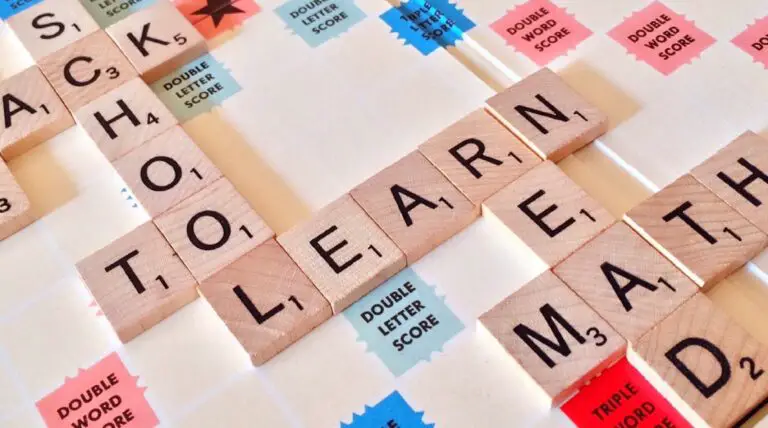In the realm of education, integrating fun and interactive elements can significantly enhance the learning experience. Games, in particular, have shown remarkable efficacy in improving students’ study habits, memory, and understanding of complex concepts. Let’s explore some games that have proven effective tools for enhancing students’ academic performance.
1. Memory and Matching Games
Memory and matching games are excellent for improving cognitive skills and memory retention. These games require students to remember the location of cards or items and find their pairs, effectively boosting short-term memory and concentration. Custom memory games using key terms, historical figures, or anatomical parts can be created for subjects like history or biology. Digital versions of these games are also available, making them a convenient tool for studying on the go. Another great tool for the latter is academized research paper writing. Expert assistance with essay writing can rescue academic stress and promote learning.
2. Educational Apps and Quizzes
In the age of digital learning, educational apps have become a game-changer. Apps like Quizlet and Kahoot allow students to create and participate in quizzes on various subjects. These platforms transform study material into interactive quizzes, making the learning process more engaging and less monotonous. They also provide instant feedback, helping students quickly identify areas needing more focus. Additionally, the competitive element in these quiz games can motivate students to improve their scores, encouraging regular study habits.
3. Crossword Puzzles and Word Games
Crossword puzzles and word games are effective for enhancing vocabulary and language skills. They can be customized to include key textbook terms, encouraging students to recall definitions and apply them in a puzzle format. This game format is particularly beneficial for subjects like English, foreign languages, and even science, where terminology is key. Digital word games such as Scrabble or Words with Friends can also be used for a fun, educational break.
Strategy games like chess or Sudoku and brain teasers like riddles or logical puzzles help develop critical thinking and problem-solving skills. These games challenge students to think ahead, strategize, and solve complex problems, mirroring the analytical thinking required in mathematics, physics, and computer science. Incorporating these games into study routines can sharpen a student’s analytical abilities, which are crucial for academic success.
5. Role-Playing Games for Scenario-Based Learning
Role-playing games (RPGs) can be an effective educational tool, especially for subjects that benefit from scenario-based learning like business studies, law, or medicine. Students can take on roles relevant to their field of study, such as business owners, lawyers, or doctors, and navigate scenarios that mimic real-life challenges. This learning method through simulation helps understand practical applications of theoretical knowledge and develops soft skills like decision-making and empathy.
6. Educational Video Games
Educational video games combine the interactive and immersive aspects of gaming with educational content. Games such as Minecraft: Education Edition or The Oregon Trail incorporate elements of history, science, and engineering into their gameplay, providing a unique learning experience. These games often involve tasks that require critical thinking, resource management, and collaborative skills, all of which are valuable in academic and real-world settings.
In Conclusion:
Games are a valuable tool in a student’s learning arsenal, offering fun and education. From memory games that bolster retention skills to strategy games that develop critical thinking, these interactive tools can significantly enhance the effectiveness of study sessions. Integrating games into the educational process makes learning more enjoyable and actively engages students in their academic journey. With the right balance, games can transform the traditional study routine into an interactive and fruitful experience, fostering better understanding and retention of knowledge.
Ruby Reginald combines her extensive experience in education with her passion for writing and crafting articles that enlighten and engage students and fellow educators. She deeply understands the academic world and offers insightful perspectives on various educational topics. Ruby’s writing reflects her commitment to enhancing learning experiences and contributing positively to the field of education.
